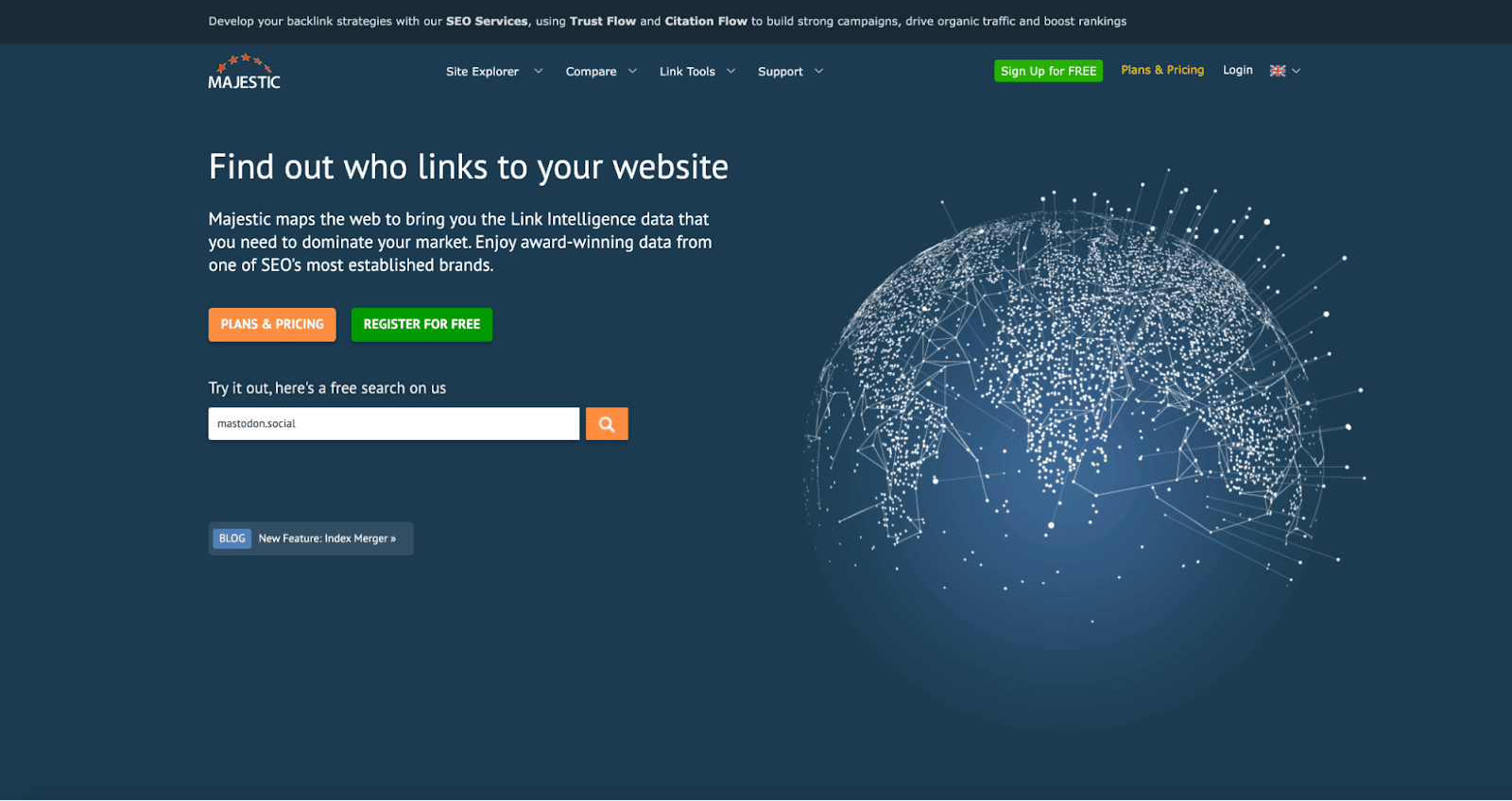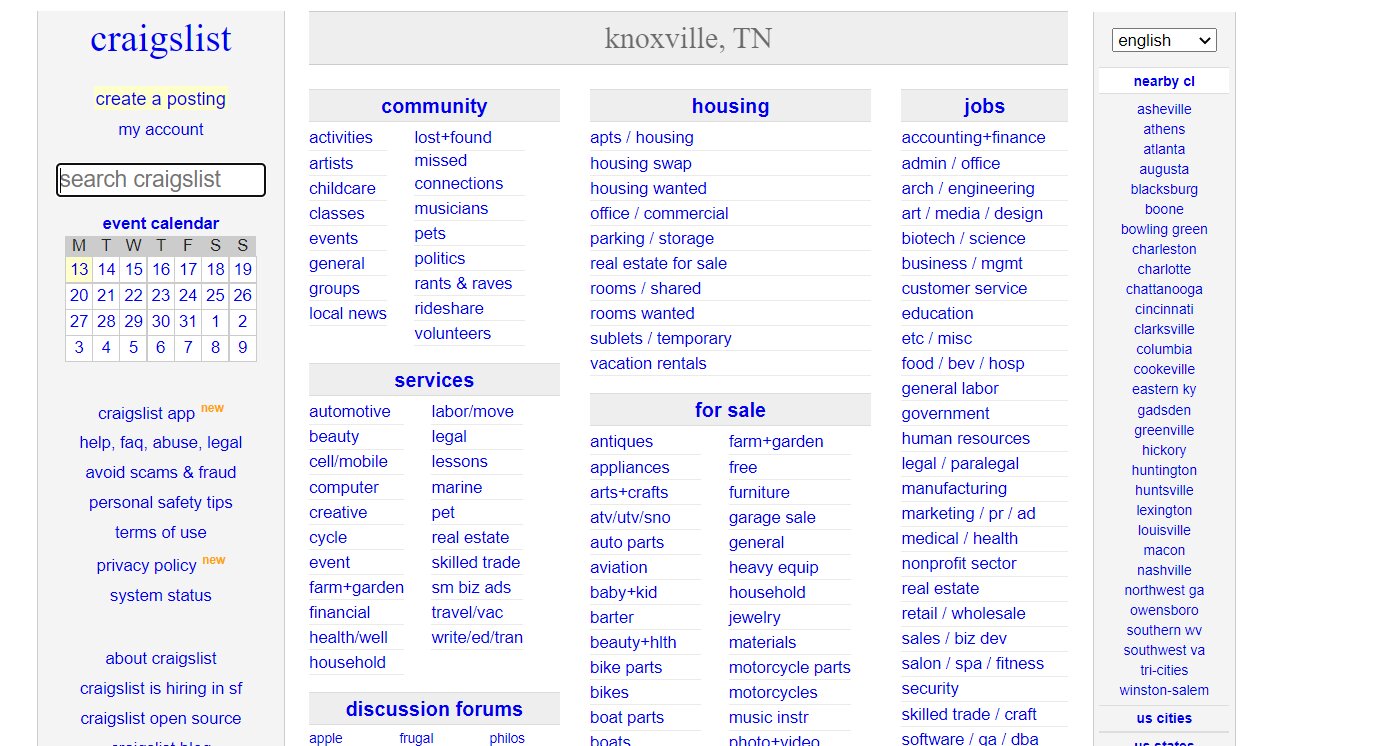ListClawer emerges as a powerful tool for efficient data extraction, streamlining the process of gathering information from diverse online sources. This comprehensive guide delves into its core functionalities, technical aspects, practical applications across various industries, and ethical considerations for responsible usage. We will explore how ListClawer handles different list types, its underlying technologies, and potential limitations, comparing it to similar tools.
Furthermore, we’ll examine its role in solving business problems and improving data management efficiency, ultimately highlighting its potential for future development and integration.
This exploration will cover ListClawer’s capabilities in detail, providing real-world examples and addressing potential challenges. We will also discuss the importance of ethical data scraping and compliance with website terms of service, offering practical guidelines for responsible use. Finally, we’ll look at how ListClawer can be used for effective data visualization, creating compelling reports for business decision-making.
ListClawer Functionality
ListClawer is a powerful data extraction tool designed to efficiently and accurately collect data from various online sources. Its core functionality revolves around identifying and extracting structured list data, making it particularly useful for tasks involving web scraping and data aggregation. This allows users to automate the process of gathering information from websites, saving significant time and effort compared to manual data entry.ListClawer’s data extraction process leverages advanced algorithms to identify and parse lists embedded within web pages.
It handles a wide range of list formats, including those marked up with HTML tags like `
- `, `
- `, and even those presented in less structured formats. The tool employs a combination of techniques, such as regular expressions and heuristic pattern matching, to identify list items, regardless of their formatting inconsistencies across different websites. This robust approach ensures high accuracy and adaptability across diverse online sources.
Types of Lists Handled
ListClawer can handle a variety of list structures, accommodating the diverse ways lists are presented on the web. It effectively processes ordered lists (numerical or alphabetical), unordered lists (bulleted), and even lists presented in table formats or other less conventional structures. The flexibility of ListClawer’s algorithms enables it to extract data from lists regardless of the specific HTML tags or visual presentation.
This allows users to access data from a wide range of websites without requiring significant customization or manual intervention.
Examples of Successful ListClawer Applications
The following table showcases several successful applications of ListClawer across different domains, illustrating its versatility and effectiveness.
| Application | Source | Data Extracted | Outcome |
|---|---|---|---|
| Product Price Comparison | E-commerce Websites (e.g., Amazon, eBay) | Product names, prices, ratings, and availability | Enabled creation of a price comparison website, allowing users to find the best deals. |
| Real Estate Listings Aggregation | Real estate portals (e.g., Zillow, Realtor.com) | Property addresses, prices, sizes, and features | Facilitated the development of a comprehensive real estate database for market analysis. |
| News Article Headline Collection | News websites (e.g., CNN, BBC) | Article headlines, publication dates, and links | Provided input for a news aggregator application, delivering a curated selection of headlines to users. |
| Restaurant Menu Item Extraction | Restaurant websites | Menu items, descriptions, and prices | Supported the creation of a mobile app allowing users to easily browse and order from restaurant menus. |
ListClawer presents a significant advancement in data extraction, offering a powerful yet responsible approach to gathering online information. By understanding its capabilities, limitations, and ethical implications, users can harness its potential to streamline workflows, gain valuable insights, and make informed decisions across various industries. The future development roadmap suggests even greater capabilities and integration possibilities, promising further efficiency and enhanced data management for users.
Finish your research with information from craigslist augusta ga.


